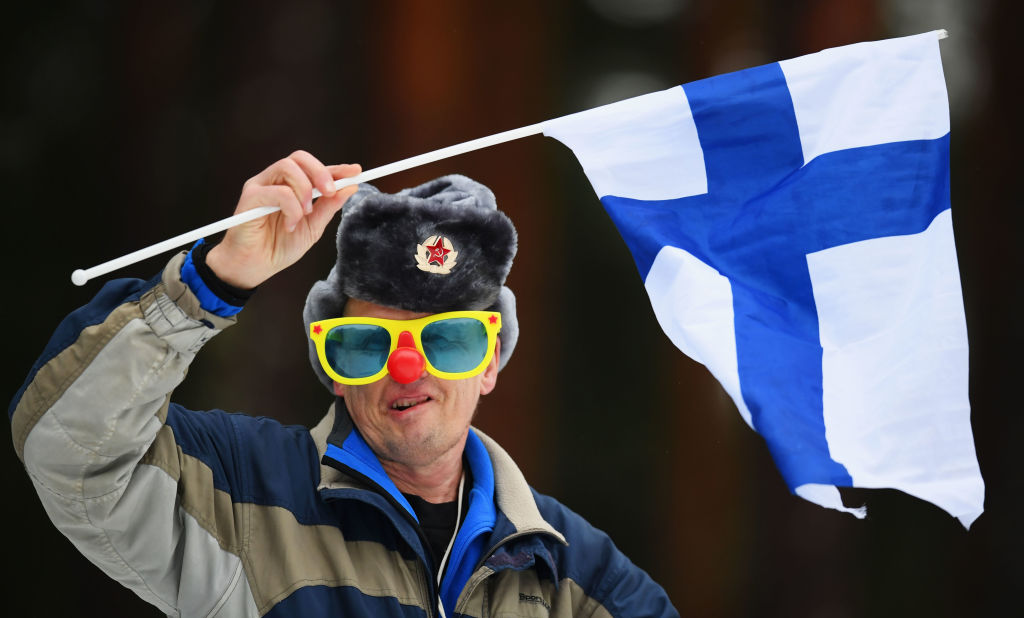It’s that time of year. Finland, my country of birth, was – once again – ranked the happiest country in the world. This is the seventh year in a row the World Happiness Report came to that inevitable conclusion.
Given that the pursuit of happiness is a central life goal to so many of us, you may be wondering if Finland is the right place for you. Let’s say you are a young person living in Italy, ranked 41st in happiness, or Peru (68th): maybe it’s time to start learning Finnish and finally purchase that one-way ticket to Helsinki.
Before you commit to anything so drastic, let me tell you about a recent study looking at those who have left home to live someplace else. A 2021 survey of 12,140 expats from 59 countries ranked Finland as the 39th best place to live. The country did particularly poorly on questions about the ease of settling in, whether one felt at home, and the level of friendliness. On these elements of a good life, Finland was ranked near the very bottom, along with Sweden, Denmark, and Norway – the Nordic countries which dominate the World Happiness rankings. It appears that living in the happiest countries makes you miserable unless you were born there. What’s going on?
Notably, the rankings disseminated by the World Happiness Report are based on a single question. Respondents are asked to express their overall life satisfaction on a scale from 0 to 10, in which the highest number represents the best possible life for you – a presumable dream-come-true situation.
It is fair to assume that the meaning of “the best possible life” is culturally prescribed. The United States, my adopted home country, is notorious for encouraging people to “think big”, “shoot for the stars”, and – in some cases – “get rich or die trying.” By contrast, the Nordic culture is famous for its spirit of restraint, moderation, and reasonable aspirations, as captured by the Swedish term “lagom”, or “just enough”.
Within the Nordic mentality, it does not take much for one to conclude that one’s life has turned out pretty well. Who cares if I live in a small apartment and can’t afford a car, a Finn might say, I’m surrounded by well-maintained public parks, libraries, communal saunas, and easy access to a state-of-the-art mass transit system. Combined with a generous welfare state, which has virtually eliminated homelessness and other forms of absolute poverty, there a very few people in these countries with culturally approved reasons to feel dissatisfied.
I leave it up to you to decide if this equals happiness. What seems clear, however, is that cultures which excel at managing expectations and providing everyone with decent material circumstances are tough environments for those of us who value random acts of kindness, public displays of affection, and getting to know neighbours. I am not saying that none of these things ever happen in Finland. But if they do, it’s probably under the influence of something boozy. As the Finnish saying goes: “Fun without alcohol is faking it.”










Join the discussion
Join like minded readers that support our journalism by becoming a paid subscriber
To join the discussion in the comments, become a paid subscriber.
Join like minded readers that support our journalism, read unlimited articles and enjoy other subscriber-only benefits.
Subscribe